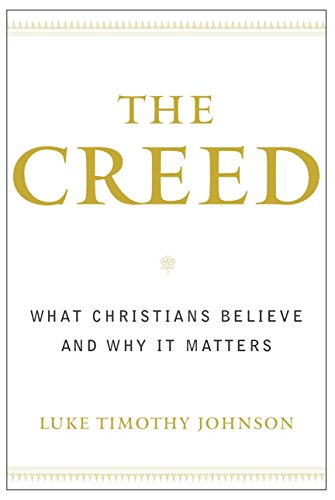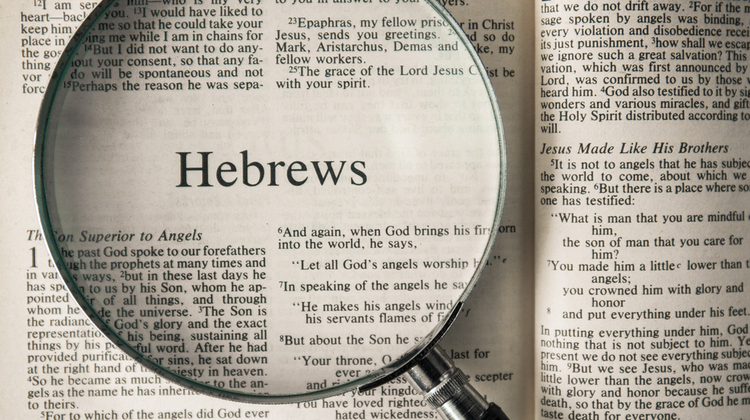The Creed – One God, pt.1
As we looked at last week, the essence of God is beyond all intellectual conception, and therefore God as an Object of study is impossible. But if we begin with God as Persons with whom we can relate through our own existential, ecstatic, eros (as he defines these terms in section 6) experience of God, then we can move forward.
The Creed – One God, pt.1 Read More »



